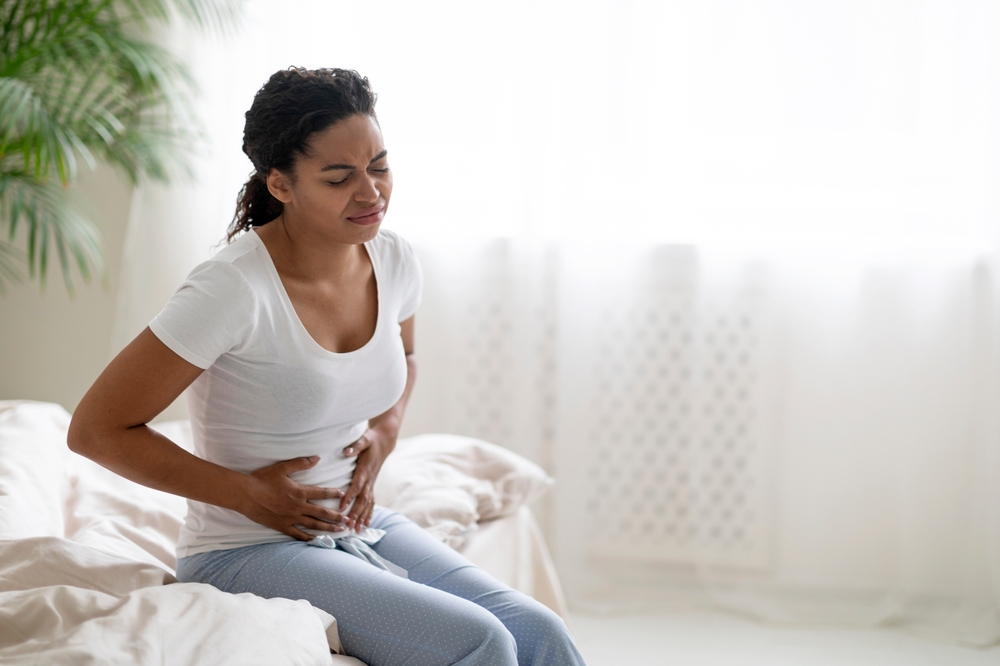That gnawing pain in your stomach might be more than just ordinary indigestion. Medical experts warn that stomach ulcers, painful sores that develop in the stomach lining, require proper medical treatment to prevent serious complications.
Understanding stomach ulcers
Medical specialists explain that stomach ulcers form when acid damages the protective lining of your digestive system. These painful sores can develop in your stomach or the first part of your small intestine, causing persistent discomfort that shouldn’t be ignored.
The warning signs
Doctors note several key symptoms that might indicate a stomach ulcer. The most common include a burning pain in your stomach, feeling unusually full after eating, and unexplained weight loss. Some people also experience nausea or bloating.
Getting the right diagnosis
Medical professionals emphasize the importance of proper diagnosis before starting treatment. Your doctor might recommend an endoscopy, where a tiny camera examines your stomach lining, or other tests to confirm the presence of ulcers.
The bacteria connection
Many stomach ulcers trace back to an infection with H. pylori bacteria. Medical experts explain that finding and treating this infection often proves crucial for healing ulcers and preventing their return.
Common causes you can control
Besides bacterial infection, certain medications and lifestyle factors increase your risk of developing stomach ulcers. Pain relievers like aspirin and ibuprofen, when taken regularly, can damage your stomach lining over time.
Modern treatment approaches
Medical specialists now have several effective treatments for stomach ulcers. These typically include medications to reduce stomach acid production and, when necessary, antibiotics to eliminate H. pylori infection.
Medications that help healing
Doctors often prescribe proton pump inhibitors (PPIs) to reduce stomach acid production. These medications give your body time to heal existing ulcers while preventing new ones from forming.
The role of acid blockers
Another category of medications, called H2 blockers, also helps reduce stomach acid. Medical professionals might recommend these alone or in combination with other treatments, depending on your specific situation.
Protective medications
Some treatments focus on coating and protecting your stomach lining. These medications help shield damaged areas from stomach acid, allowing them to heal more effectively.
The importance of following treatment
Medical experts stress the need to complete your full course of treatment, even if symptoms improve. Stopping medication too early can allow ulcers to return or lead to more serious problems.
Dietary changes that help
While food choices don’t cause ulcers, certain dietary changes can support healing. Medical professionals recommend avoiding foods that trigger discomfort and eating smaller, more frequent meals.
Foods to choose
Doctors suggest focusing on foods that don’t increase stomach acid production. Fresh fruits, vegetables, and lean proteins often prove easier on your stomach during healing.
Foods to avoid
Medical experts recommend limiting foods that might irritate your stomach lining or increase acid production. These typically include spicy foods, citrus fruits, and coffee.
Lifestyle adjustments
Several lifestyle changes can help prevent ulcers from returning. Medical professionals emphasize the importance of stress management, regular exercise, and avoiding tobacco products.
Managing stress levels
While stress doesn’t cause ulcers directly, it can make symptoms worse and slow healing. Doctors recommend finding effective ways to manage daily stress during recovery.
The smoking connection
Medical research shows that smoking increases stomach acid production and slows ulcer healing. Quitting smoking often helps improve treatment outcomes.
When to seek immediate care
Doctors warn about certain symptoms that require immediate medical attention. These include severe stomach pain, bloody or black stools, or vomiting blood.
Long-term prevention
After successful treatment, medical professionals recommend several strategies to prevent ulcers from returning. These include regular check-ups and avoiding known risk factors.
The role of regular monitoring
Even after ulcers heal, doctors suggest periodic check-ups to catch any recurring problems early. This monitoring helps prevent complications and ensures lasting recovery.
Remember, stomach ulcers rarely heal on their own and can lead to serious complications if left untreated. Working with your healthcare provider to develop an appropriate treatment plan offers the best chance for complete healing and prevention of future problems.
















